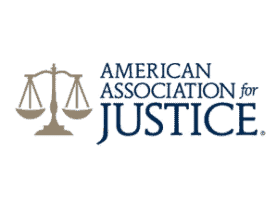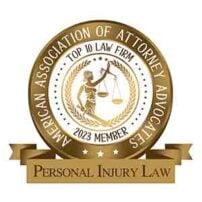It goes without saying that technology has made tremendous strides over recent decades. Modern innovations such as virtual reality, luxury watches that wind themselves, and advanced sports safety equipment have revolutionized everyday life. Unfortunately, even the most sophisticated sports gear isn’t foolproof, and brain injuries have become an especially pervasive concern among athletes and their families.
Because athletes are often in scenarios that invite head trauma, they tend to be more vulnerable to TBI than the average person. You might associate contact sports like football and hockey with such injuries, but in reality, horseback riding actually causes the most sports-related brain injuries. This fact serves as a reminder that even those who don’t engage in extreme sports like skydiving or wrestling are susceptible to TBI.
If you or someone you love sustained a traumatic brain injury in a sporting accident, your family may be entitled to compensation for the resulting damages. Below we’ve answered some of the most frequently asked questions about these claims:
1. Who Might Be Liable for a Sports-Related Brain Injury?
When someone sustains a TBI in a sporting accident, the circumstances of the incident will ultimately determine liability. Generally speaking, potentially at-fault parties may include one or more of the following:
School administrators;
Local municipalities;
Coaches;
Other athletes;
Equipment manufacturers; and
Maintenance contractors.
2. How Can I Prove the Extent of a Sports-Related TBI?
Head injuries are inherently complicated, and since brain damage does not always appear on diagnostic scans, proving the extent of a TBI can be challenging. A skilled brain injury attorney will know the kinds of evidence needed to demonstrate the severity of your injury, which may include:
Deposition from medical experts who specialize in head trauma;
Deposition from a life care planner and other medical specialists;
Video footage of the accident in question;
Photographs of any visible bruising or lacerations you sustained in the accident;
Deposition from those who witnessed the accident; and
Any damaged safety gear you were wearing at the time of the incident like a dented helmet.
3. What Kinds of Damages Can I Seek After Sustaining a Traumatic Brain Injury in a Sporting Accident?
The specific damages you may be able to pursue will depend on the severity of your injury and the impact it has had on your life. If you file your claim in the state of New York, you may be entitled to compensation for the following damages:
Pain and suffering;
Mental anguish;
Disability or physical impairment;
Loss of enjoyment of life;
Emergency medical bills;
Ongoing healthcare expenses;
Rehabilitation;
Home care;
Lost income and benefits;
Loss of future earnings;
Home and vehicle modifications;
Domestic help; and
Child care.
If the liable party’s conduct constituted willful negligence, wanton recklessness, a high degree of immorality, or maliciousness, punitive damages may also be awarded.
Speak with a New York Brain Injury Attorney Today
If you or someone in your family sustained a TBI while participating in sports, contact The Law Office of Richard M. Kenny. Contact us today at 212-421-0300 or use our Online Contact Form to set up a free case evaluation with a brain injury lawyer in New York.











